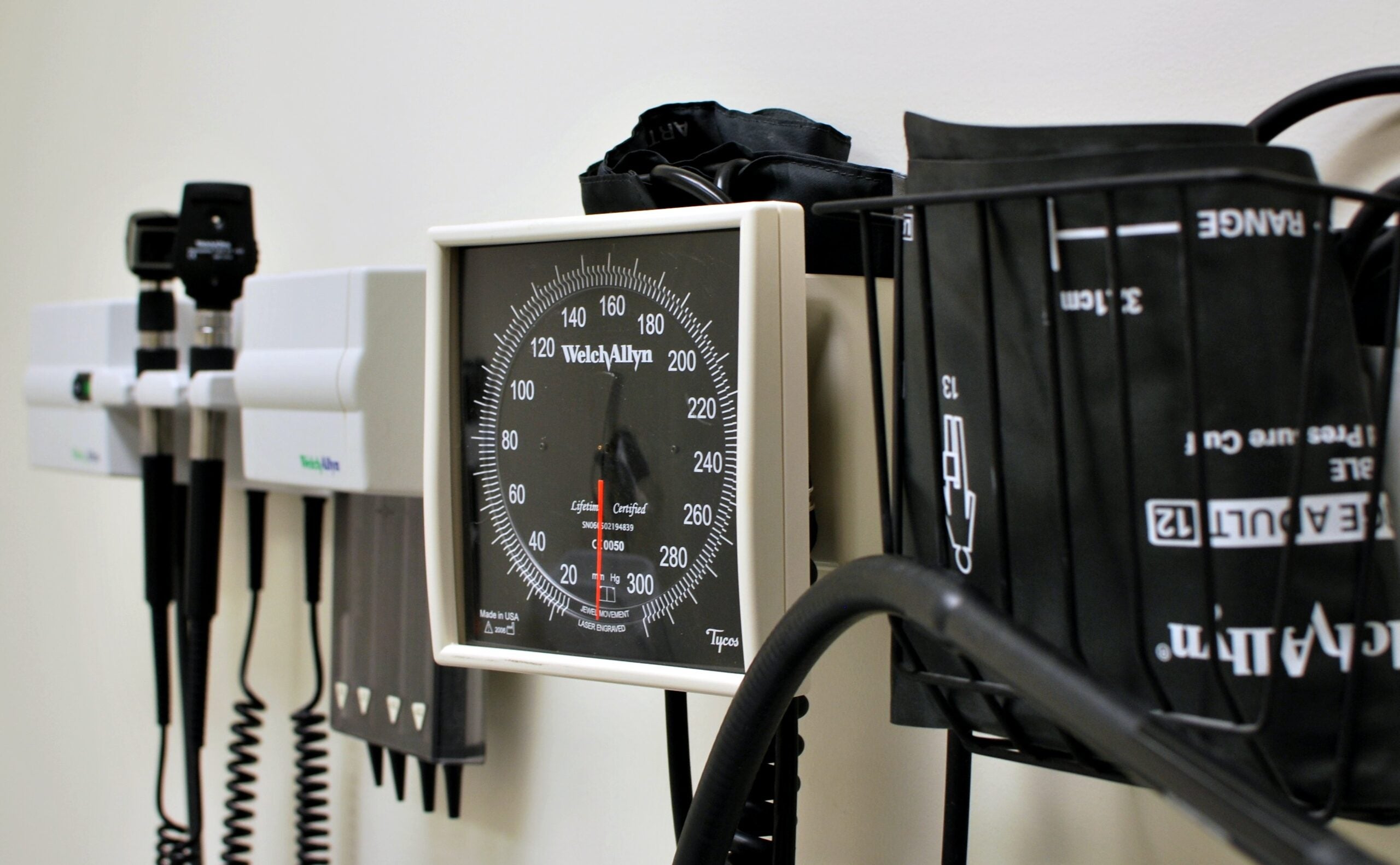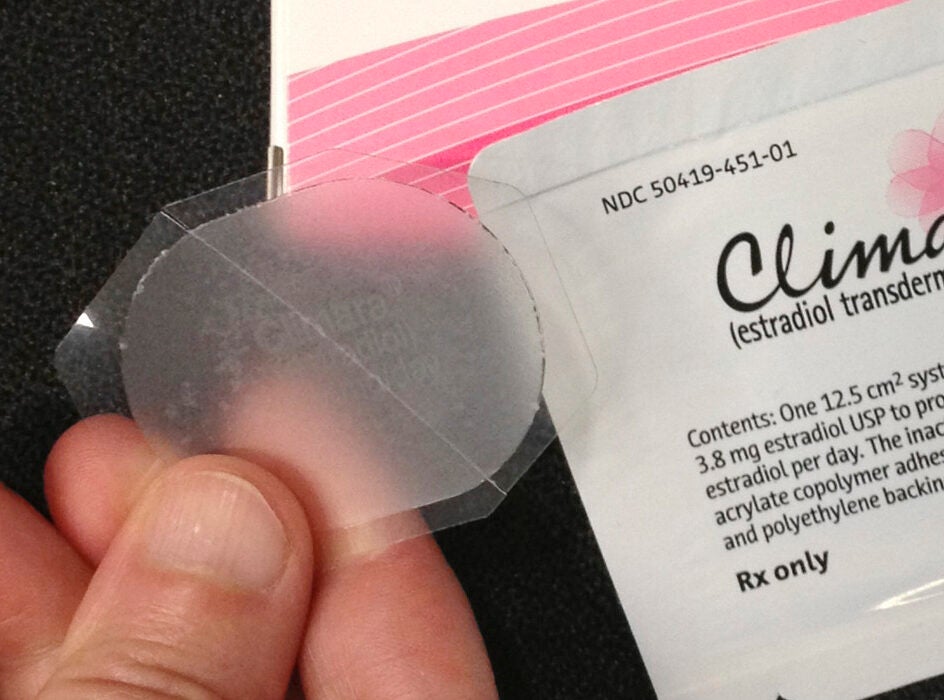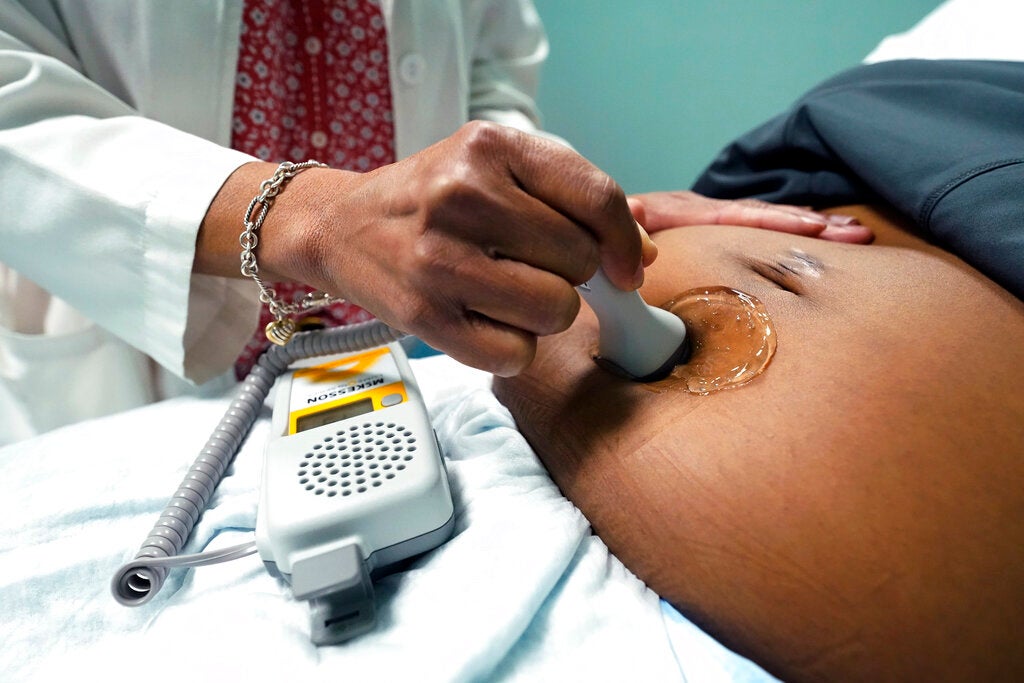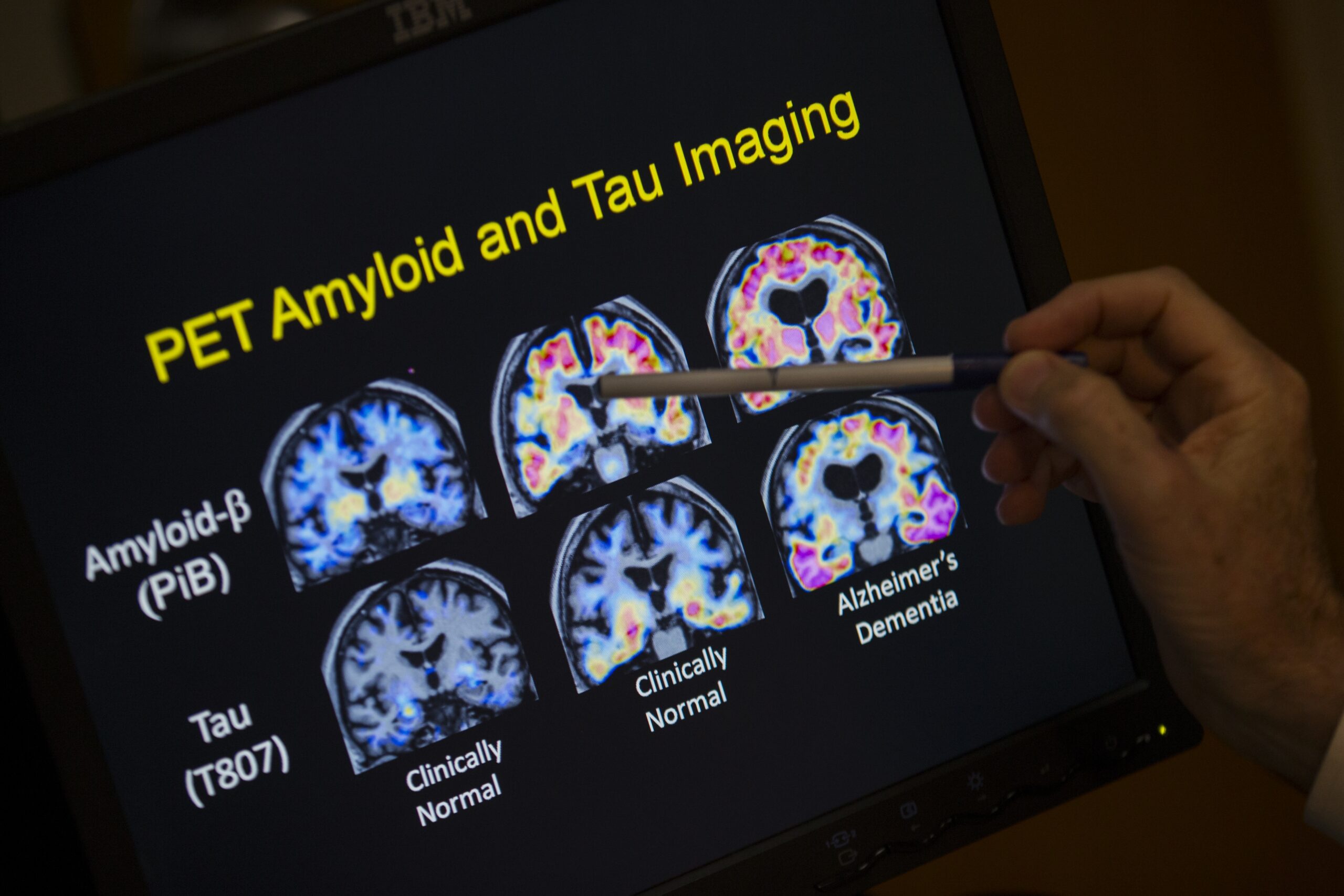There’s some reassuring news for healthy women taking hormone replacement therapy who are concerned about Alzheimer’s disease: University of Wisconsin-Madison research shows no increased risk for the most common type of dementia. But it also didn’t find any benefits to the brain.
Prior to a 2003 landmark study, scientists believed estrogen therapy was protective for the brain and heart. But the Women’s Health Initiative Memory Study (WHIMS) showed just the opposite; the surprising results suggested women had an increased risk for dementia and mild cognitive impairment. Millions of women stopped taking hormone replacement therapy to protect their bones, improve their mood and ease hot flashes.
“Practitioners were really looking for guidance asking, ‘Am I hurting my patients by putting them on hormone therapy? Am I hurting their brain?’” said UW neuropsychologist Carey Gleason.
News with a little more humanity
WPR’s “Wisconsin Today” newsletter keeps you connected to the state you love without feeling overwhelmed. No paywall. No agenda. No corporate filter.
That’s why Gleason and her team reviewed three studies, one of which she and her team were involved in, being presented this week at the Alzheimer’s Association International Conference in Chicago. Gleason found that hormone replacement therapy does not have negative cognitive effects, especially in healthy women taking it when menopause starts.
So was the national study from 15 years ago showing a link to dementia wrong?
“It gets tricky. The findings were right but for some women,” said Gleason.
The women in the WHIMS study were older, all over age 65. The women in the studies Gleason reviewed were younger when they began taking hormone replacement therapy, usually in their early 50s. And they were healthier, less obese and had fewer heart problems and diabetes.
Another difference was the type of hormone replacement therapy.
WHIMS used conjugated equine estrogen, which contains a non-human hormone. Many women take a natural form of estrogen called estrodial. Gleason’s study showed women using estrodial had lower levels of brain markers linked to Alzheimer’s.
“We know in short term that there’s no cognitive downside to a woman who is healthy taking estrogen for menopausal symptoms. There do appear to be some mood benefits, which are important of course. We do know that at menopause women are at increased risk for depression.”
The pros and cons of hormone replacement therapy continue to be investigated, and Gleason is planning a follow up study this fall to find out what she calls the final piece of the puzzle: understanding the long-term effects of hormone replacement therapy.
Wisconsin Public Radio, © Copyright 2026, Board of Regents of the University of Wisconsin System and Wisconsin Educational Communications Board.





